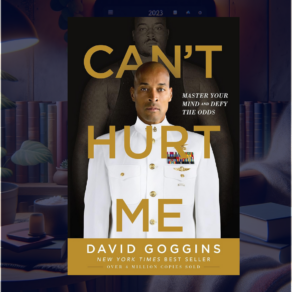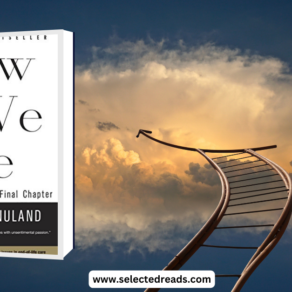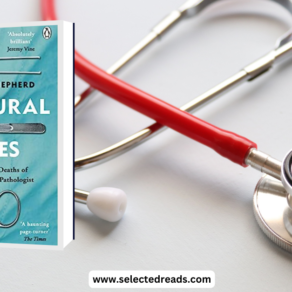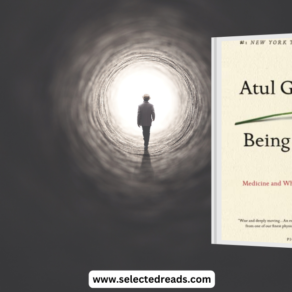On the backdrop of the sterile silence enveloping my mom’s hospital room, I dived into the vibrant, chaotic world of Adam Kay’s “This is Going to Hurt: Secret Diaries of a Junior Doctor.” With each turning page, a vivid, heartrending portrait of life in the trenches of the National Health Service (NHS) unfolded. It was a kaleidoscope of emotions, events, and experiences, a journey that was simultaneously hilarious, horrifying, and heartbreakingly human.
At the heart of “This is Going to Hurt” is Adam Kay, a junior doctor thrust into the NHS frontline, a world defined by 97-hour weeks, life-or-death decisions, and a constant surge of bodily fluids. Here, a junior doctor’s life teeters on the brink of chaos and absurdity, a world where hospital parking meters are often more profitable than the medical staff themselves.
Compiled from secret diaries scribbled after grueling days, sleep-deprived nights, and countless missed weekends, Kay’s narrative was brutally honest, profoundly moving, and riotously funny. He shined an unforgiving spotlight on the realities of a junior doctor’s life, warts and all.
Kay’s accounts oscillated between the laugh-out-loud funny and the devastatingly tragic. One moment you’d find yourself laughing at a foreign object mysteriously lodged where the sun doesn’t shine, the next moment you’d be holding back tears over a life tragically lost on the operating table. In Kay’s world, joy and sorrow are two sides of the same coin, each a constant reminder of the fragility of life.
Yet, amid the humor and heartbreak, “This is Going to Hurt” was a testament to the resilience of the human spirit. Despite the demanding hours, the debilitating stress, and the emotional toll of their work, Kay and his colleagues persevered, driven by a commitment to their patients and a deep-seated passion for their profession.
Reading “This is Going to Hurt” by my mother’s bedside, it offered a window into the world of those working tirelessly to help her. It stirred a profound sense of gratitude and a newfound understanding of their sacrifices. It was a harsh but necessary reminder of the shared humanity that underscores our collective experience with illness, healing, and the relentless pursuit of life in the face of death.
As an ardent bibliophile, I’ve always found solace and companionship in the pages of books. They were my windows to different worlds, insights into different minds, and reflections on different themes. But in the aftermath of my mom’s devastating brain injury that left her in a coma for three years now, my reading preferences took an unexpected turn. Death, grief, and neurosurgery—topics that I had rarely explored before—suddenly became a central part of my reading journey.
I found myself drawn to stories from the frontlines of medicine, the very battleground where my mom was fighting her own battle. Stories that laid bare the intimate dance between life and death, that traversed the landscape of grief, and that delved into the intricacies of the human brain, our most complex organ.
Paul Kalanithi’s “When Breath Becomes Air” was a poignant exploration of these themes. A brilliant neurosurgeon himself, Kalanithi’s transformative journey from a doctor to a patient, his confrontation with his own mortality, deeply resonated with my situation. It was a powerful reflection on life and death, stirring a whirlpool of emotions as I read it by my mom’s bedside.
Similarly, Henry Marsh’s “Do No Harm” provided an honest and illuminating perspective into the world of brain surgery. His candid portrayal of the triumphs and tragedies of neurosurgery, the ethical dilemmas, and the unbearable weight of holding another’s life in your hands, was a sobering reminder of the tightrope doctors walk every day.
Atul Gawande’s “Being Mortal” was another transformative read. Gawande’s exploration of medicine’s limitations in dealing with aging and death, and his advocacy for a good life all the way to the very end, was a crucial dialogue on the quality of life, a theme close to my heart given my mom’s condition.
Each of these books, in their own unique way, provided comfort, understanding, and perspective during an incredibly challenging time. They gave me an insight into the world my mom was now a part of, humanizing and demystifying the daunting world of medicine, neurosurgery, and critical care.
I hope you find This Is Going to Hurt summary helpful!







